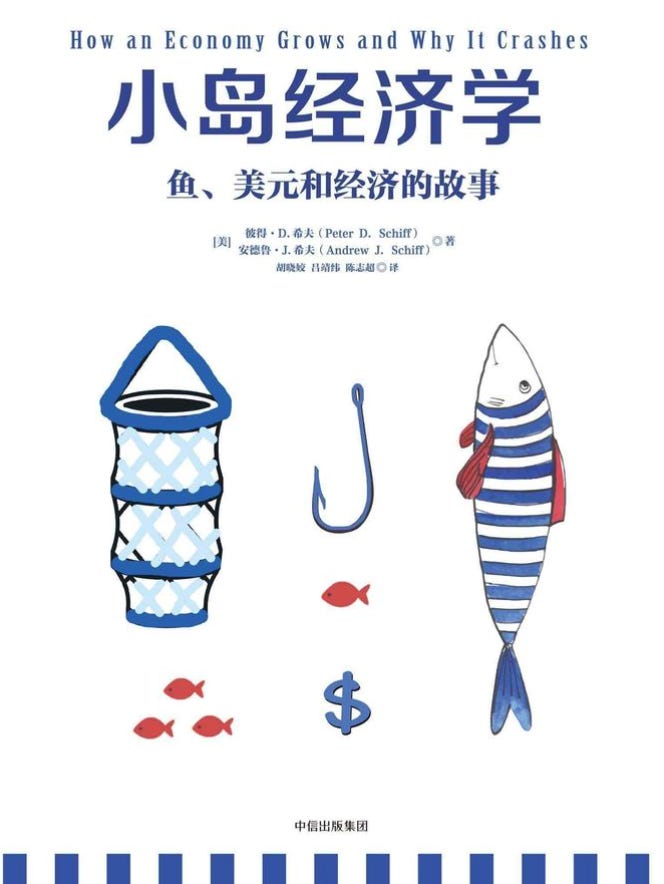#48 / Three Hundred Poems, Three Hundred Mental Models
Hello my friend! 👋
Over the weekend, I went trekking with my family in Waihi, a small town in New Zealand known for its historic gold mines. Walking along the old mining trails by the river, flanked by steep cliffs, the first thing that came to mind was a line from a poem by Li Bai: “The ceaseless cry of monkeys on either bank, yet my light boat has already passed thousands of mountains.”
The beauty of Tang poetry lies in its ability to paint vivid scenes with succinct words, evoking not just visuals but also sounds and smells, fully engaging the senses and the imagination. Once you’re familiar with the scenes and emotions depicted in Tang poems, you can use those lines to describe similar experiences in life. In terms of design and psychology, this line of poetry serves as a mental model I’ve previously established.
A mental model is a framework that helps people understand and relate new experiences to pre-existing patterns in their minds. The Chinese saying, “Learn three hundred Tang poems, and you can recite without being a poet,” suggests that if you know three hundred Tang poems by heart, you have three hundred different mental models to help understand and articulate the world, or to express your own feelings and inner experiences. From this perspective, increasing the breadth of your knowledge essentially means increasing the number of mental models you possess to comprehend the complexity of the world, since the world can never be fully understood from a single viewpoint.
Here’re a few things I’d like to share with you today 🙂
MKBHD on Humane Pin
How an Economy Grows and Why it Crashes
The Three-Body Problem
MKBHD on Humane Pin
MKBHD recently posted a review video of the Humane Pin, sparking a wave of comments claiming his critique essentially “killed” the company. Responding to the backlash, he released a follow-up video titled “Can a bad review kill a company?” His stance is clear and ethically grounded: Honest reviews don’t destroy companies; rather, it’s poor products and unrealistic marketing that set unattainable expectations leading to failure. His influence merely magnifies the true qualities of a product, whether good or bad.
How an Economy Grows and Why it Crashes
I’ve always thought it’s important for everyone to have a basic understanding of economics, from personal finance to the broader job market. I didn’t know much about this when I was younger, but I’ve managed to avoid big financial mistakes along the way.
I recently read “How an Economy Grows and Why it Crashes,” a book that simplifies economic concepts, much like “A Dog Called Money” for kids or “The Latte Factor” for new investors. It mainly discusses how the U.S. government handles the economy, using an island’s fish production as a simple analogy. Though I found the parts about government policies a bit confusing.
The author critiques Keynesianism, the idea of government meddling in the economy, which has become more common with recent administrations. I’m no expert, but I believe knowing the basics can prevent you from being misled. I also think transparency and broader involvement lead to fairer outcomes, unlike when a few, like the government or Federal Reserve, call all the shots, which can lead to unfair practices.
The Three-Body Problem
Literary works come in two types: one involves creating a group of richly defined characters and then letting these characters drive the narrative. As Tolstoy said, he simply shapes these people, and then how their stories unfold is beyond the author’s control. The other type focuses on crafting an environment, or even an entire world, and then placing characters within this world to interact according to its rules. Typical examples of this type include “Game of Thrones” and “The Three-Body Problem.”
So, when fans of the original “The Three-Body Problem” say that the characters in adaptations don’t match the original, I think it doesn’t matter. The appeal of “The Three-Body Problem” lies not in the prose or characters, but in its logic and settings. It’s like playing chess; feeling the rules of this world and responding to them is where its charm lies.
Have a great one and see you soon!
**Bear Academy Newsletter@2023**
Bear Academy Newsletter
Non-crap tips and thoughts on design, product and technology ✨
🐻 Bear Who?
Hi there 👋, I’m Bear, a seasoned Product Designer with 15 years of overall design experience and six years in product design, transforming the user experiences for millions 📝
As an Apple Award-Winning Podcast Host at BearTalk and a Design Mentor at Springboard and CareerFoundry, I apply my self-taught design skills and science background to solve complicated problems and mentor budding designers 😃
In my downtime, you’ll find me reading, drawing, podcasting, and making videos about everything from tech to design and productivity 👨🎨
🤓 Work
💼 What I do:Product Designer at Xero
🌃 I also do:Design Mentor at Springboard and CareerFoundry / Founder at Bear Academy
🎤 Side hustle:Podcast host at Award-winning podcast BearTalk
💡 Goodies
Bear Academy - my courses around UX Design, AI, etc
Bear Academy Newsletter - my free newsletter, which you are reading now
Beartalking.com - all my posts, English and Chinese
Youtube.com/@Bearliu - A video is worth a thousand words
💬 Contact
https://twitter.com/bearbig](https://twitter.com/bearbig) - Majorly I post in Chinese
bear@beartalking.com - The old fashion email way
LinkedIn.com/in/bearliu - My professional life








